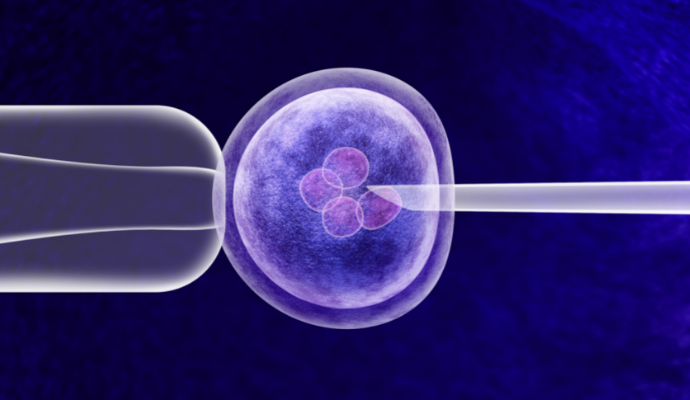J&J’s CAR T-Cell Therapy Effective in Multiple Myeloma Patients
About 83% of multiple myeloma patients who received J&J’s CAR T-cell therapy achieved complete response at the 22-month follow-up, an increase from 80% at the 18-month follow-up.

Source: Getty Images
- Johnson & Johnson recently announced longer-term results from the Phase 1b/2 study evaluating the safety and efficacy of its T-cell (CAR-T) therapy for patients with relapsed or refractory multiple myeloma.
The CARTITUDE-1 study enrolled 97 patients to receive investigational B-cell maturation antigen (BCMA)-directed chimeric antigen receptor T-cell therapy, ciltacabtagene autoleucel (cilta-cel).
In the study, 83 percent of patients achieved a complete response at the median 22-month follow-up, an increase from 80 percent at the 18-month median follow-up data. However, researchers noted that median progression-free survival and median overall survival were not reached.
But two-year progression-free survival and overall survival rates were 61 percent and 74 percent, respectively.
Median time to first response was one month, median time to best response was 2.6 months, and median time to complete response or better was 2.9 months. About 12 percent of patients achieved a very good partial response and three percent achieved a partial response.
Overall, the data demonstrated a consistent safety profile for cilta-cel and no new safety signals were observed in the longer follow-up.
“These data add to the growing body of evidence supporting the potential clinical benefit of cilta-cel in the treatment of patients with relapsed and/or refractory multiple myeloma, a population in need of new options,” Sen Zhuang, MD, PhD, vice president of clinical research and development at Janssen Research & Development, LLC, said in the announcement.
“We look forward to further evaluation of cilta-cel as part of our comprehensive CARTITUDE clinical development program that includes studying cilta-cel in patients with newly diagnosed multiple myeloma,” Zhuang continued.
Patients with multiple myeloma who have had three or more treatment regimens stop working face a median survival rate of less than a year with currently available treatment options.
In June, FDA granted breakthrough therapy designation for Johnson & Johnson’s multiple myeloma therapy, teclistamab.
The agency based its decision on data from the Phase 1 MajesTEC-1 study. The trial evaluated teclistamab in 40 patients with multiple myeloma whose cancer had returned after a median of five other treatments or had not responded to treatment in the first place.
In the study, 58 percent of patients who received teclistamab achieved a very good partial response or better, while 40 percent achieved a complete response or better.
And after more than six months, researchers observed an overall response rate of 65 percent.
